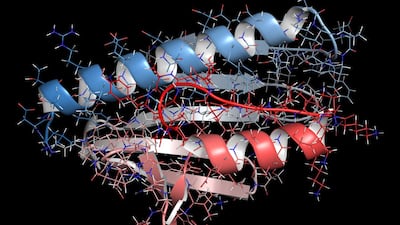ADVERTISEMENT
Drug Review

The Pink Sheet highlights recent comments and insights from pharma officials and executives on key issues we are covering.

There have been no new class of oral antibiotics for uncomplicated urinary tract infections approved for over two decades. With a priority review secured in the US, GSK's triazaacenaphthylene offering could make it to market by March next year.

Members of the Cardiovascular and Renal Drugs Advisory Committee repeatedly challenged Stealth’s assertion that a new randomized trial in Barth syndrome was not possible, but also said potential functional unblinding and other challenges could compromise a new study.

US FDA Office of New Drugs Director Peter Stein says review divisions have made the case that a discussion-only meeting would solicit the necessary input.

The Cardiovascular and Renal Drugs Advisory Committee voted 10-6 that efficacy had been shown for the ultra-rare disease, but even panelists in the majority questioned whether the product satisfied the threshold requirement for an adequate and well-controlled study.

While vatiquinone may have missed its primary endpoint in a Phase III trial, PTC is ready to file the drug for the debilitating, life-shortening disorder after showing that it slowed disease progression over 144 weeks.

A US National Academy of Sciences, Engineering and Medicine panel is considering whether biomedical innovation is aligned with public health needs. The resulting report could impact FDA and federal policy on rare disease and research and development incentives.

Nipocalimab is an investigational FcRn blocker for treating generalized myasthenia gravis that was also recently filed for regulatory review in the US.

Teva has broken new ground by filing its first independent biosimilar to the US Food and Drug Administration, for a proposed biosimilar to Amgen’s Prolia treatment for osteoporosis in postmenopausal women. However, the Israeli firm made no mention of its proposed Xgeva biosimilar, which it states is in Phase III clinical trials.

The Cardiovascular and Renal Drugs Advisory Committee will consider whether open-label extension data from a randomized trial that failed its primary endpoint, along with a historical control comparison, are enough to support approval in the ultra-rare disease.